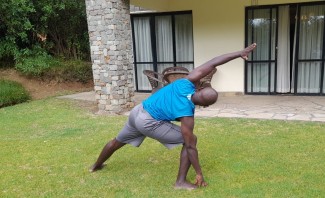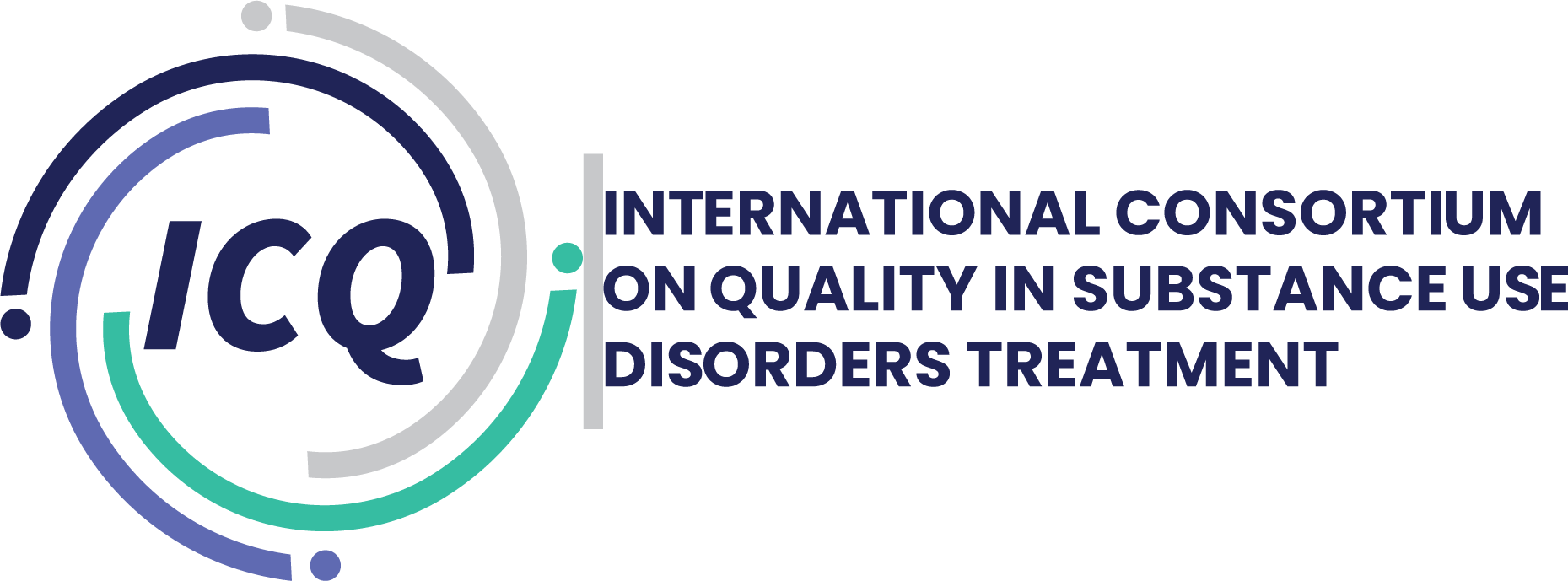PRIORITIZING WELLNESS FOR SELFCARE IN RECOVERY WORK.

PRIORITIZING WELLNESS FOR SELFCARE IN RECOVERY WORK.
Recovery professionals play a critical role in transforming lives, offering hope, and fostering recovery. They need a balanced wellness equation due to the emotional and physical demands that recovery work can have on their overall well-being. Prioritizing self-care is not a luxury - it’s a necessity. To effectively care for others, recovery professionals must connect their body and mind, nurturing both for sustained health and productivity.
As the human body ages, it changes, such as decreased postural alignment, reduced flexibility, and diminished balance and coordination. These physical changes may seem minor, but when coupled with the mental strain of working with vulnerable populations, they can manifest as chronic fatigue, burnout, and even physical ailments. This is why self-care practices must extend beyond addressing just physical needs - ethey must also target emotional and mental resilience.
Risks such as vicarious trauma, acquired through continuous exposure to the struggles of others, can lead to mental health challenges like anxiety, depression, and emotional exhaustion. These effects not only hinder personal well-being but also jeopardize professional effectiveness, reducing productivity and clarity in decision-making.
To care for themselves, addiction professionals should focus on holistic self-care as follows:
1. Physical well-being:
Regular exercise, such as Pilates, strength training, or walking, can improve posture, flexibility, and balance. These activities also release endorphins, which enhance mood and combat stress.
2. Mental and emotional well-being:
Meditation, journaling, or deep-breathing exercises can help professionals process the emotional weight of their work. Setting boundaries and engaging in regular supervision and counselling, or mentorship, can also alleviate the burden of vicarious trauma.
3. Reconnecting with purpose:
Regularly reflecting on the impact of your work and celebrating every small success can re-ignite passion and motivation.
4. Time for rest and renewal:
Prioritizing sleep, taking breaks, and enjoying personal hobbies can recharge the mind and body, fostering long-term resilience.
Ultimately, self-care for addiction professionals is not an act of indulgence but a vital part of sustaining their ability to bring meaningful change to others. When the body and mind are nurtured in harmony, they form a powerful foundation for resilience, compassion, and lasting impact in the field of addiction recovery.
